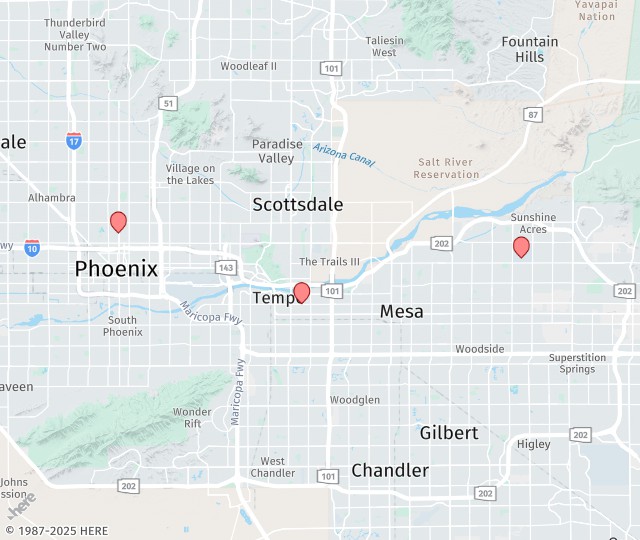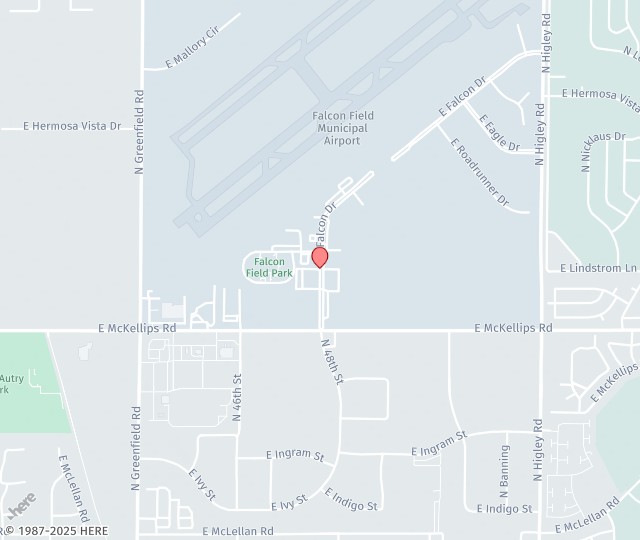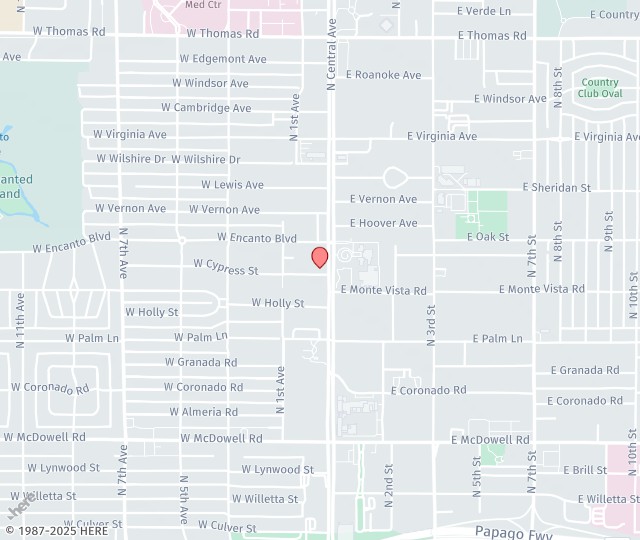
If you work in healthcare, Pediatric Advanced Life Support (PALS) certification is a critical step toward saving young lives during emergencies. PALS training equips nurses, physicians, EMTs, dentists, respiratory therapists, and other medical professionals with specialized skills to assess and manage pediatric patients in crisis. Whether you’re refreshing your certification or earning it for the first time, here’s a look at the top skills you’ll master during PALS training.
At LBW Training Center, we’ve been proudly serving healthcare providers since 1999 as an official American Heart Association Training Site. With multiple locations and over 25 years of experience, our expert instructors are committed to delivering high-quality PALS training that builds life-saving skills and confidence.
Pediatric Assessment and Early Recognition
One of the first skills you’ll hone is performing a systematic pediatric assessment. Recognizing subtle early signs of respiratory distress, shock, or cardiac arrest can make a significant difference. You’ll learn to apply the Pediatric Assessment Triangle (PAT) quickly and accurately to guide critical interventions.
Effective Airway Management
Managing a child’s airway in an emergency requires precision and speed. PALS training emphasizes techniques for maintaining airway patency, including bag-mask ventilation, advanced airway placement, and recognizing when intubation is necessary. Mastery of airway skills ensures oxygenation and ventilation when seconds count.
High-Quality CPR and Defibrillation
High-quality cardiopulmonary resuscitation (CPR) is a cornerstone of PALS. You’ll practice delivering effective chest compressions, coordinating with ventilation support, and using automated external defibrillators (AEDs) tailored for pediatric patients. Knowing the correct compression depth, rate, and timing can improve survival outcomes.
Arrhythmia Recognition and Management
PALS training sharpens your ability to interpret pediatric heart rhythms and manage arrhythmias. You’ll become proficient in identifying common rhythms like bradycardia, tachycardia, and ventricular fibrillation and how to respond appropriately with medications or electrical therapy.
Team Dynamics and Leadership During a Code
A successful pediatric resuscitation relies on clear communication and defined roles. PALS courses teach structured team leadership, delegation, closed-loop communication, and mutual support, critical elements during high-stress pediatric emergencies.
Master Life-Saving Skills with PALS Training in Tempe, AZ
PALS training goes beyond memorizing algorithms; it builds confidence, sharpens instincts, and ensures you’re fully prepared to act when a young life is at risk. Whether you’re new to pediatric emergencies or an experienced provider, mastering these skills is necessary for delivering the highest standard of care. Get started by calling us at 602-283-0079 or previewing our course offerings.


